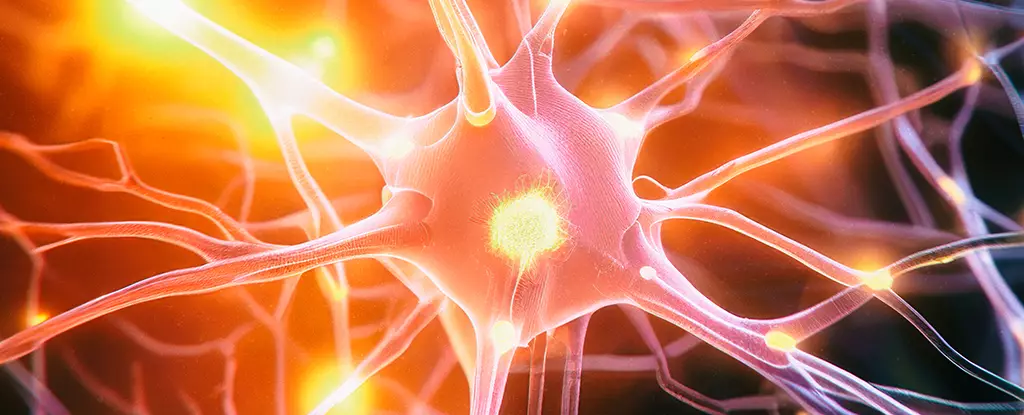Parkinson’s disease is primarily recognized for its debilitating effects on motor functions, manifesting as slowness, rigidity, and tremors. However, this neurodegenerative disorder extends its reach beyond the motor cortex, significantly impairing cognitive functions and mood regulation. This multifaceted impact emphasizes the necessity of exploring therapeutic avenues that address not only motor symptoms but also the critical cognitive decline that often accompanies Parkinson’s disease. Despite advancements in managing the physical symptoms, the associated cognitive impairments remain largely unaddressed, underscoring the urgency of innovative treatment strategies.
PNA5: A Promising New Drug Agent
Recent advancements in research have led scientists at the University of Arizona to investigate a novel treatment named PNA5. This promising short peptide has shown potential in reversing cognitive deficits in models of vascular dementia, which inspired its application in mice exhibiting Parkinson’s-like symptoms. What sets PNA5 apart is its unique mechanism of action; it selectively inhibits a specific receptor associated with blood pressure regulation, insinuating a further connection between vascular health and cognitive function. Additionally, its desirable pharmacokinetic properties, including favorable metabolic breakdown in the body, make it a compelling candidate for therapeutic development.
The research team meticulously evaluated the efficacy of PNA5 by examining both memories and brain tissue samples from treated mice. Their findings revealed significant improvements in cognitive performance, particularly in recognition and spatial working memory. Perhaps most intriguing was the observed reduction in the activity of microglia—immune cells in the brain that, when overactive, can exacerbate cognitive decline. Neurobiologist Kelsey Bernard emphasizes the importance of this reduction, noting that by moderating microglia’s activity, PNA5 can attenuate the inflammatory responses that are commonly exacerbated in Parkinson’s disease. This approach indicates a dual mechanism where PNA5 not only improves cognitive function but also aims to protect against further degeneration of brain cells, particularly in vulnerable regions such as the hippocampus.
Microglia serve as the primary immune defense within the brain, traditionally tasked with identifying and addressing infections or injuries. However, in the context of neurodegenerative diseases like Parkinson’s, persistent activation of these cells can lead to a detrimental cycle of inflammation and tissue damage. The findings from this research reiterate that a calm microglia state, as induced by PNA5, is crucial in preserving cognitive integrity. This insight provides a new perspective on treating cognitive deficits in neurodegenerative diseases, pushing the boundaries of existing care paradigms.
While the results obtained from the mice are promising, there remains a chasm between preclinical studies and clinical applications in humans. Safety and efficacy must be established through rigorous human trials before PNA5 could become a viable option for patients with Parkinson’s disease. Nonetheless, this research represents a significant leap forward in understanding and mitigating dementia-related symptoms associated with Parkinson’s, which affects approximately 25-30% of patients at the time of diagnosis, according to neurodevelopmental biologist Lalitha Madhavan.
As the scientific community continues to unravel the complexities of Parkinson’s disease, studies like the one involving PNA5 serve as a beacon of hope for improving not only the quality of life but also the cognitive health of individuals affected by this condition. Moving beyond treating just the motor symptoms, this research underscores the importance of comprehensive care that includes addressing cognitive deterioration. By advancing our understanding of neurodegenerative processes and developing targeted treatments, we are gradually moving toward more effective management strategies that may one day transform the lives of those living with Parkinson’s disease, providing renewed optimism for patients and their families.


Leave a Reply